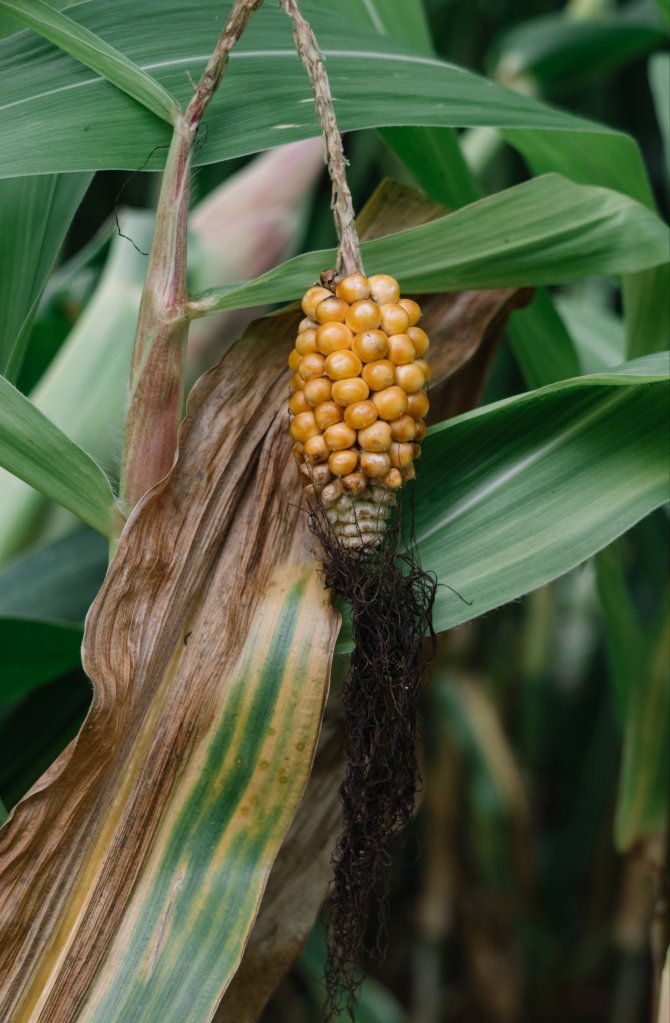Rice husks…
Wheat chaff…
Maize cobs…
Coconut shells…
Sugarcane bagasse…
What do these wastes have in common?
They are by products of farming.
Agriculture feeds us.
But many times, farmers sell their produce at a price way below the market price due to cartels taking advantage of handicaps they face such as transportation costs.
But opportunities exist beyond just the sale of agricultural produce.
Tonnes of agricultural waste are generated in the process.
If this waste is converted into useful products which can fetch a market price, then it might give economic dignity to peasant farmers.
But how could we make this possible?
Founded by an entrepreneur who’s grown up in the farmlands of central Kenya, Safi Organics is a start up committed to availing affordable fertilizers to peasant farmers.
This happens through value addition on an agrowaste material known as rice husks.
Rice husks are the outer covering that is disposed or used as fuel for boilers in rice milling companies.
In some places, rice husks are piled in heaps with many millers finding little or no use for them.
But not Safi Organics.
This startup collects this waste material and amends it to make fertilizer.
How so?
BIOCHAR
The rice husks are heated under low oxygen (more or less the same way charcoal is made).
The black carbon material produced in the process is called biochar.
Now biochar-just like charcoal- has a number of traits.
First, it has many pores allowing it to trap substances in it.
But secondly, these same trapped substances could also be released when needed.
It therefore acts like a sponge which can suck up and then release when needed.
This is why it functions as a ‘sponge’ for agricultural nutrients.
These nutrients could be ‘loaded’ onto the biochar through a process called ‘adsorption’ then released into the soil- by application as fertilizer.
Safi Organics has taken the use of agrowaste to another level.
The start up has found a way of creating a value chain out of waste.
But biochar is not just useful on the farm field.
WATER
Because of its ability to attract many substances inside its pores, biochar could play a role in water filters.
Numerous dissolved ions make our drinking water risky.
Forget about chlorine which is used to kill microbes.
There are more potent risks in our water such as toxic metals, dyes, pharmaceuticals, endocrine disruptors etc.
Biochar is a promising material that could prove useful in removal of such pollutants.
Therefore opportunities await those prospecting in the water filter and bottling business.
If we can make a case about the risk of polluted water, we can make a business case out of filters that tackle those risks.
But rice husks are not the only agrowastes that could prove useful.
COCONUT SHELLS, MAIZE COBS…
Besides biochar production, these other agrowastes could have several applications in industry which could open up opportunities for entrepreneurs.
They could be applied in the making of briquettes which are cleaner substitutes for charcoal…
Maize cobs could be used as a filler in the manufacture of cattle feed…
Sugarcane bagasse and rice husks could be used as sources of silicon…a material used in solar panel manufacture…
Most of these agrowastes could be used to produce cellulose which can manufacture biodegradable packaging material among other products
IN CONCLUSION
There are no shortages of ideas of how to use agrowastes to derive value.
But truth be told… it’ll not be a walk in the park.
To make business sense, there’ll be need for more experimentation and prototype testing.
So this is an area ripe for anyone ready to roll up their sleeves and invest their time, energy and money over the long haul.
Making money from agro wastes is a journey through the jungle of experimentation towards a destination called value addition.
